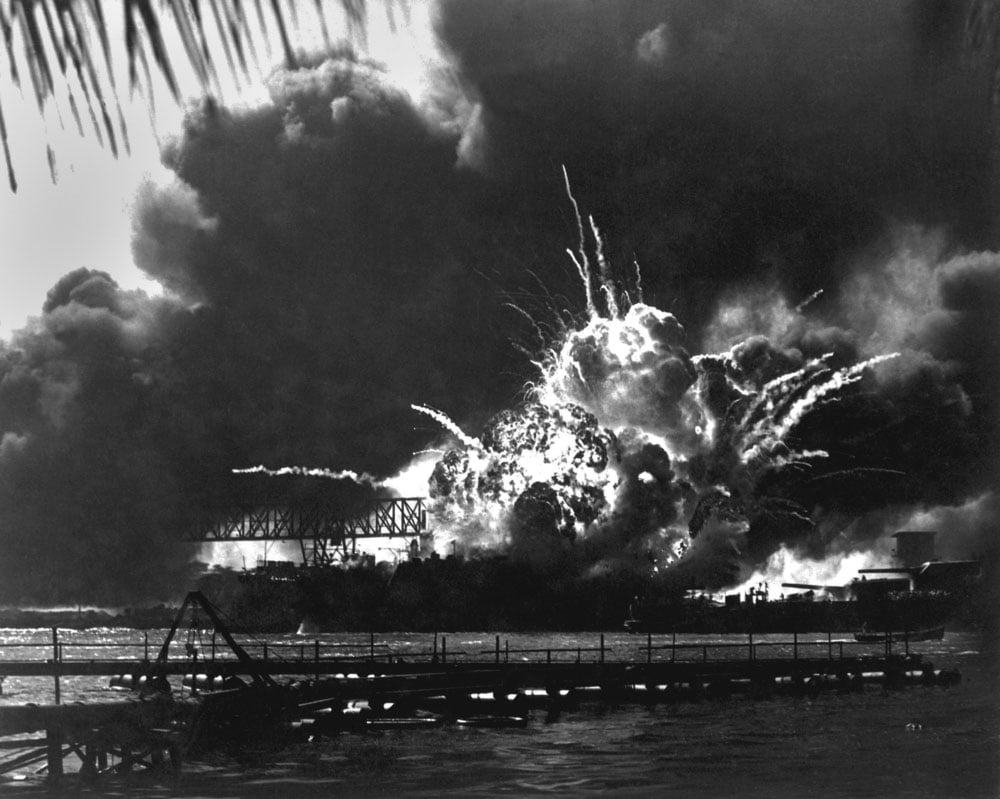Bloomberg: American homeland will be a target in the next war
In an opinion piece for Bloomberg, a Professor of Global Affairs says that the US has gotten used to fighting away from home, whereas the next fight may hit home.
-

The attack on Pearl Harbor, December 7, 1941
In an opinion piece for Bloomberg, Hal Brands a Professor at Johns Hopkins University says that Americans have gotten accustomed to war being something that happens "over there", but in the next war this might change to something they experience "over here".
Though the US has been attacked before at home, there were only three instances, with the war of 1812 with the British, the Japanese striking Hawaii in 1941, and on 9/11 in a terrorist attack. But these occurrences are exceptions.
However, the US' rivals are increasing, China is rapidly expanding its nuclear arsenal and military, while North Korea and Russia are developing their technologies so as to hit US targets with conventional warheads mounted on long-range missiles.
No need for violence to hit hard
Moreover, there needn't be any overt violence at all, as cyberattacks against critical infrastructure or financial systems "could snarl everyday life and hinder any response to aggression on the other side of the world. The Colonial Pipeline ransomware attack, which caused gas shortages across the East Coast last spring, offered a chilling preview. Imagine a repeat performance, but on a far larger scale in the middle of a major international crisis over Taiwan, Ukraine or the Baltic states."
These attacks offer the advantage of being ambiguous, avoiding huge numbers of civilian deaths, and can put US policymakers before hard questions: "Will Washington be willing to use force to halt aggression in faraway places, if doing so could expose painful vulnerabilities at home?"
Absolute protection, writes Brands, is an "illusion", and the US needs to accept the likelihood of attacks on its homeland, as so far it has had the advantage of power and geography to protect it, which is no longer valid with advances in military technology.
This will provoke harsh debates about the costs of US expansionism, and the US needs to come to grips with its vulnerabilities now, and not after the next conflict starts.

 2 Min Read
2 Min Read








